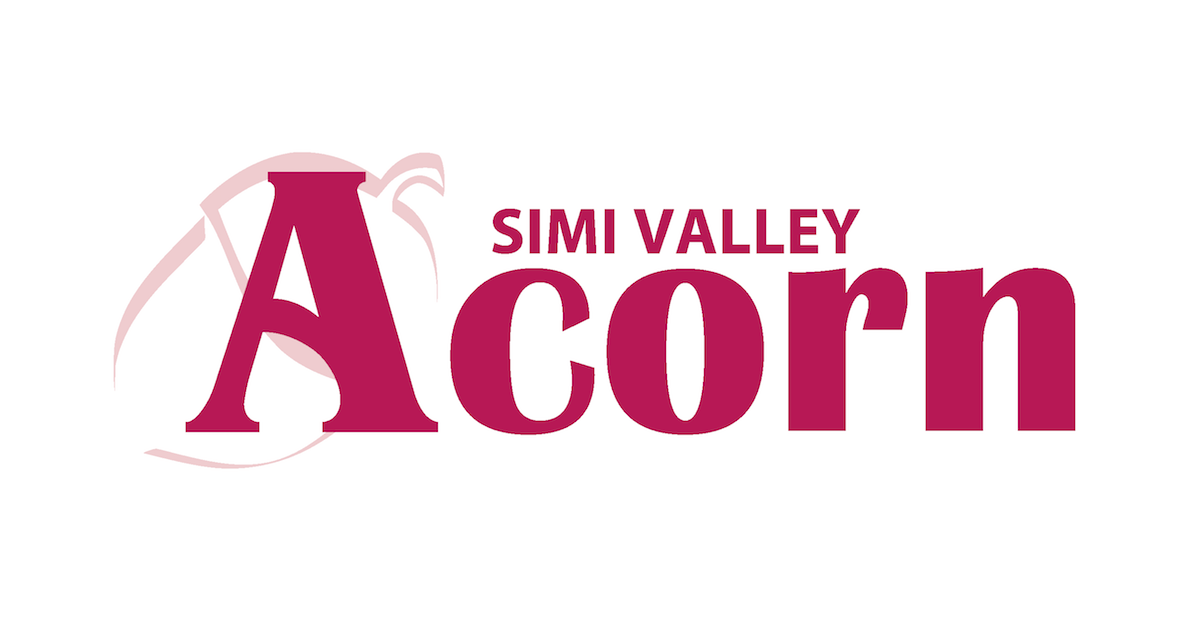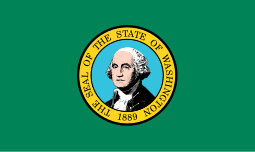Medicare fraud has been a significant issue since the program’s inception in 1965, costing the U.S. an estimated $60 billion annually. This staggering loss not only impacts taxpayers but also reduces funds available for essential healthcare services, affecting both beneficiaries and the broader Medicare program. Understanding the common scams and learning how to safeguard your information is crucial in combating this pervasive problem.
Common Medicare Scams and How to Protect Yourself from Fraud

The Growing Threat of Medicare Scams
With over 67 million Americans enrolled in Medicare, scammers are increasingly targeting beneficiaries to exploit vulnerabilities. In 2023 alone, over $100 billion was lost to improper payments within Medicare and Medicaid programs. These scams can lead to compromised healthcare coverage, financial troubles, and identity theft.
Common Medicare Scams to Watch Out For
1. Medicare Card Scam
Scammers often impersonate Medicare representatives, claiming they need to issue a new or replacement Medicare card. They may ask for your Medicare number or other personal information. It’s important to remember that Medicare will never call you unsolicited to request personal details. Always treat your Medicare card like a credit card and keep it secure.
2. Benefits Cancellation Scam
Fraudsters may threaten to cancel your Medicare benefits unless you provide immediate payment or personal information. Such tactics are designed to create panic. Instead of responding, verify your coverage status directly with Medicare or your trusted insurance provider.
3. Fake Insurance Offer Scams
Offers for cheaper or expanded Medicare plans can be enticing. Scammers use this tactic to collect personal and financial information. Be cautious of unsolicited offers and always consult with a trusted insurance advisor before making changes to your plan.
4. Refund and Rebate Scams
Some scammers promise refunds or rebates for services, claiming they need your billing information to process the payment. Never provide your financial details to unknown callers. If you are owed a refund, Medicare will not require you to submit personal information over the phone.
5. Free Medical Equipment Scams
Beware of offers for free medical equipment or services. Fraudsters may request your Medicare or credit card numbers, leading to unauthorized charges or identity theft. Always consult with your doctor or Medicare before accepting such offers.
6. Telehealth Fraud
With the rise of telehealth services, scammers exploit virtual consultations to bill for services never rendered or for unnecessary treatments. Ensure that you only use reputable telehealth providers and verify any suspicious charges on your statements.
7. Hospice Fraud
Some individuals may be misled into unnecessary hospice care, or providers may bill incorrectly for services. Always review your Explanation of Benefits (EOB) and discuss any discrepancies with your healthcare provider.
8. Billing Fraud
Healthcare providers might submit misleading claims for higher payments, known as upcoding, or bill for services not provided, referred to as phantom billing. Regularly reviewing your Medicare Summary Notices (MSN) can help detect such fraudulent charges.
How to Protect Yourself from Medicare Fraud
Safeguard Your Personal Information
Treat your Medicare number and Social Security Number with the utmost care. Only share these details with trusted healthcare providers. Be skeptical of unsolicited requests for personal information, whether over the phone, email, or in person.
Regularly Review Statements
Keep a close eye on your Medicare claims and statements. Review your MSNs and EOBs for any services or charges you do not recognize. If something seems amiss, contact your provider or Medicare immediately.
Report Suspicious Activity
If you suspect fraud, don’t hesitate to report it. You can contact Medicare at 1-800-MEDICARE or reach out to your state’s Senior Medicare Patrol (SMP) for assistance. Reporting fraudulent activities helps protect others and maintains the integrity of the Medicare program.
Stay Informed and Vigilant
Education is a powerful tool against fraud. Organizations like the SMP provide resources and support to help beneficiaries identify and prevent scams. Volunteering or participating in community outreach can further spread awareness and protect more individuals.
Leverage Identity Protection Services
Consider using identity theft protection services that offer active monitoring and alerts for suspicious activities. These services can provide an extra layer of security and peace of mind.
Conclusion
Medicare fraud is a serious issue that requires collective effort to combat. By staying informed, protecting your personal information, and promptly reporting suspicious activities, you can play a vital role in reducing fraud and safeguarding the Medicare system for everyone.
Remember, if an offer seems too good to be true, it probably is. Always verify information with trusted sources and consult with professionals before making decisions related to your healthcare and personal information.











